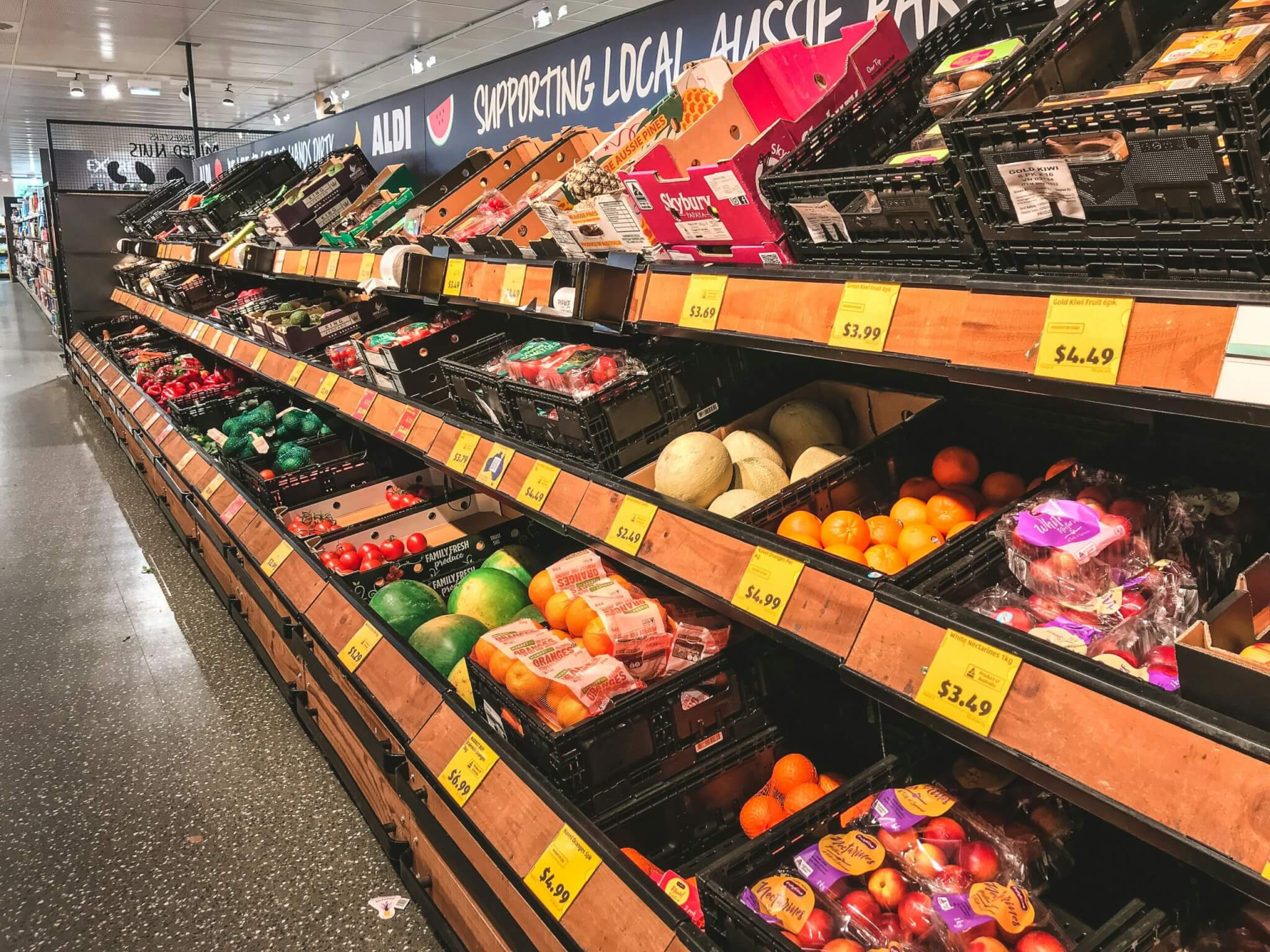In my early days, I spent many miserable nights waiting in dark laybys to move cauliflowers onto trucks bound for London wholesale markets. Logistics were a nightmare for a small business selling perishable low value produce. Until I met Charles, who ran a straw haulage business, and slowly my problems went away. Some 30 years later, a sign hangs in his office overlooking Riverford’s loading bays, proudly proclaiming: ‘Without trucks you get nothing’. Inside, Charles and his team organise the movements of the 15 artics that bring in veg from outlying farms, together with returned packaging, before reloading with outbound veg boxes.
Through snow and ice, ferry strikes, fuel and driver shortages, and Brexit-induced challenges, Charles’ trucks invariably got through. The relationship became so close over time that we almost forgot the two businesses were not one. When Charles announced a desire to retire, we faced the decision to either contract the work out, or to formally bring the operation in-house.
Many modern companies do little of the work themselves. Non-core functions (often anything other than intellectual property, brand and finance) are contracted out, often on short-term contracts to the lowest bidder. By concentrating resources on brand and growth, you can generate short-term shareholder value (which normally determines senior managers’ pay).
Some well-known food brands, including some that are considered ethical, are little more than marketing constructs; even product development is contracted out and the manufacturing happens in a distant, third-party factory, assembling anonymous ingredients sourced on global commodity markets. Specialism, scale and focus can lead to efficiency, but more often cheaper prices come from dodging the employment contracts, supply chain scrutiny and environmental standards expected of a reputable brand.
Riverford takes pride in our whole supply chain and we work hard to do things well right down to the fine and unglamorous detail, honestly owning the good and the bad. So, we bought the trucks, made Charles’ drivers into Riverford co-owners and will use our ownership to lead on going electric. Call me a backward farmer, but for me, brands that don’t actually ‘do it’ are just empty shells.










We’d all love it if ten tons of Organic Cauliflowers from Cornwall could make it to Central London by astral projection with zero carbon footprint, but in real life you need a truck to do that.
The trick is; to move those behemoths around as efficiently and safely as possible. Riverford now does exactly that, no sub-contractors; total control of its domestic supply-chain, farm to customer. Therefore I’m sure they’ll highly value their most efficient drivers ;-).
Absolutely Lewis, Riverford certainly does.
How much horse power does it take to pull one of those trucks? Just wondering what the decarbonisation options are.
This is the crux: taking “PRIDE in our whole supply chain and WE work hard to do things well right down to the fine and unglamorous detail, HONESTly owning the good and the bad.” It’s more important than all the other window dressing. Doing things well is an individual choice executed in relation with other individuals for the GREATER (than individual) GOOD.
You guys are a social (ad)venture bringing Heaven to Earth and Light in the gloom! KBO.
Thank you Bert, that’s lovely to read.